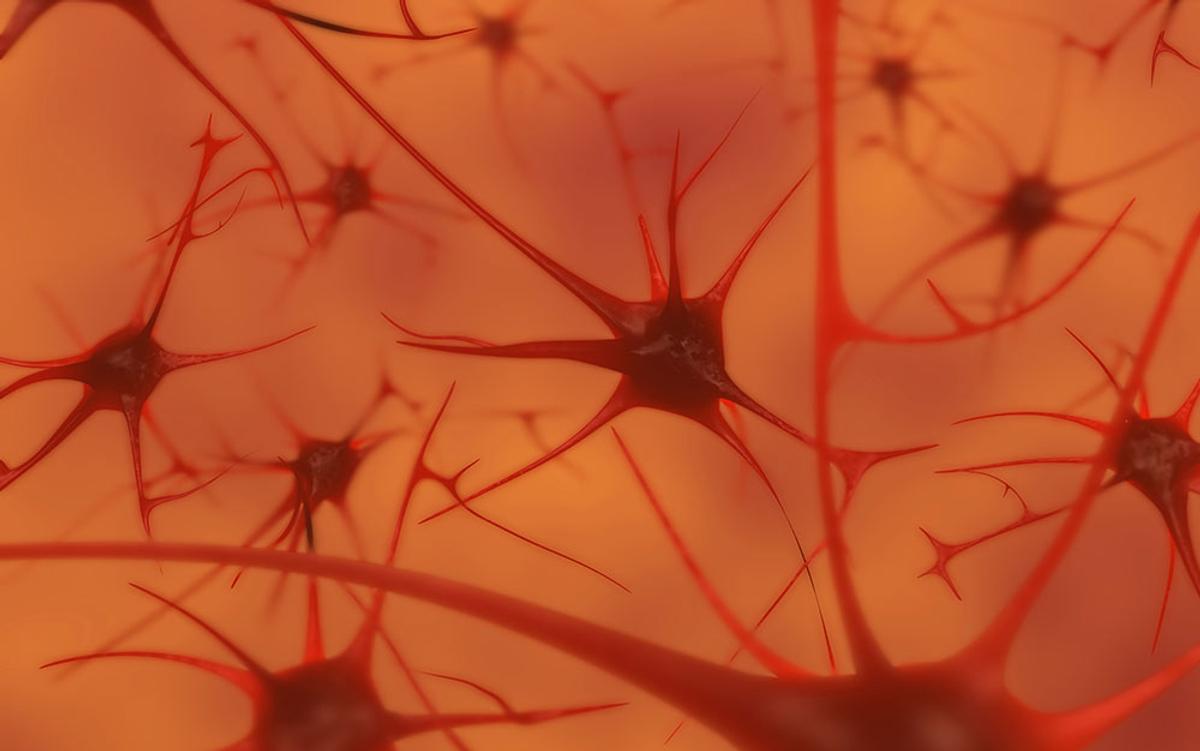- cross-posted to:
- morewrite@awful.systems
- cross-posted to:
- morewrite@awful.systems
 guy recently linked this essay, its old, but i don’t think its significantly wrong (despite gpt evangelists) also read weizenbaum, libs, for the other side of the coin
guy recently linked this essay, its old, but i don’t think its significantly wrong (despite gpt evangelists) also read weizenbaum, libs, for the other side of the coin



I’m just cautioning against taking things too far in the other direction: I genuinely don’t think it’s right to say “your brain isn’t a computer,” and I definitely think it’s wrong to say that it doesn’t process information. It’s easy to slide from a critique of the computational theory of mind (either as it’s presented academically by people like Pinker or popularly by Silicon Valley) into the opposite–but equally wrong–kind of position that brains are doing something wholly different. They’re different in some respects, but there are also very significant similarities. We shouldn’t lose sight of either, and it’s important to be very careful when talking about this stuff.
Just as an example:
It strikes me as totally wrong to say that this process is free of computation. The computation that’s going on here has interesting differences from what goes on in a ball-catching robot powered by a digital computer, but it is computation.